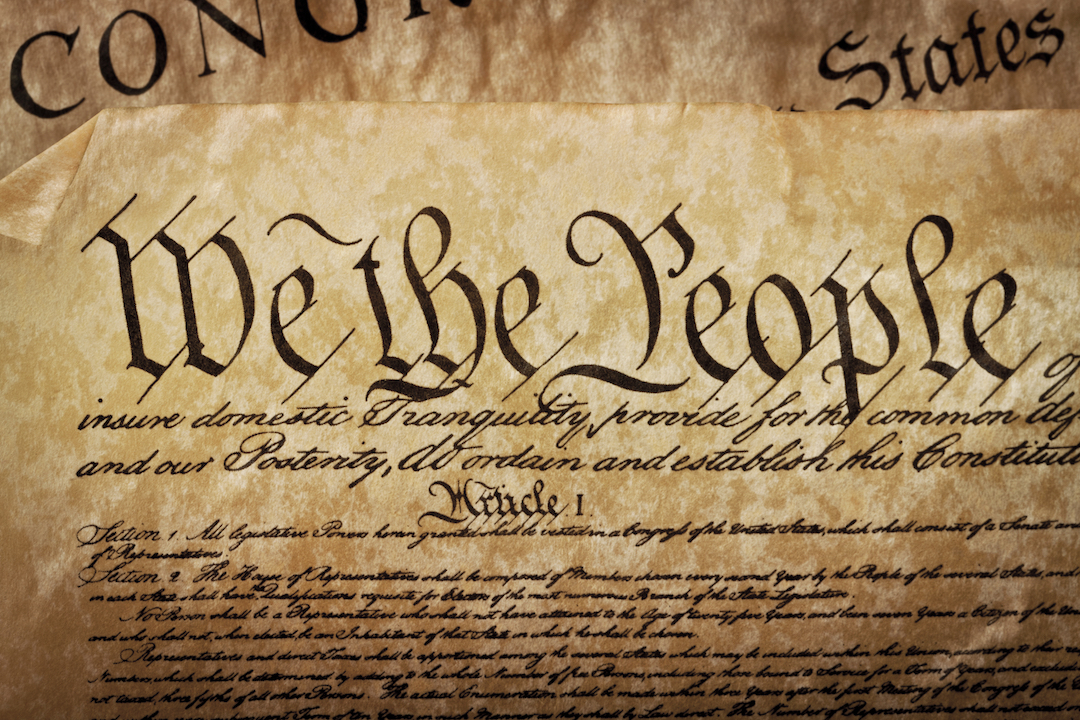Kerby Anderson
Why do we write down our laws? I recently read an article providing a practical reason for writing down the laws of a nation, but I would also like to add one historical reason for why we write down our laws.
This country is supposed to be a nation of laws and not men. We haven’t always lived up to the vision, but that is what we are to aspire to achieve. When you write down a law, you give it a fixed meaning. A government with laws with precise meanings is a government of law not of arbitrary power. You know what rights the government acknowledges, and you know what prohibitions will be punished.
In my booklet A Biblical Point of View on Constitutional Interpretation, I talk about two different views. Originalism attempts to understand the mindset of the framers who constructed it. That is why some have referred to this view as “strict constructionism.” The other view is modernism, also often called “the living Constitution.” It attempts to find meaning for the Constitution today and rejects attempts to view it through the eyes of white men who lived in the 18th century. Ultimately, rights and legal definitions become putty in the hands of judges and justices.
Historically, we write down laws because of the Puritans. They wrote out their covenants because they understood that they were to answer to God for their actions. These covenants bound each person to another person and the whole community as an agreement under God. They also understood that the rights they enjoyed came from God. Ultimately, these Puritan Covenants became a model for the US Constitution.
Americans want to live under a government of law, not a government where justices find principles in the unwritten “penumbras” of a living Constitution. Laws are written down to fix their meaning and protect against judges and justices who want to change the law arbitrarily. 
 Listen Online
Listen Online Watch Online
Watch Online Find a Station in Your Area
Find a Station in Your Area








 Listen Now
Listen Now Watch Online
Watch Online
